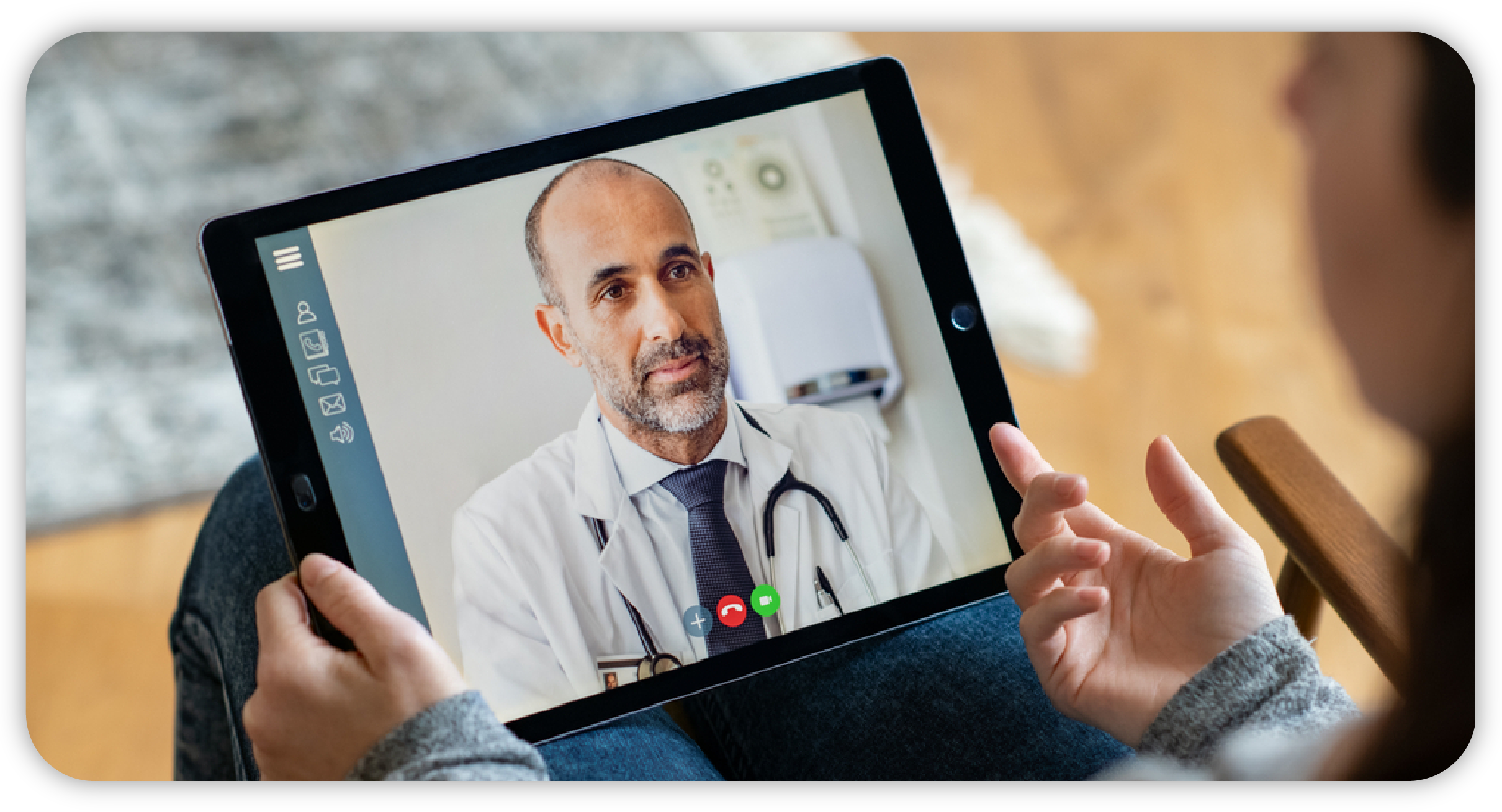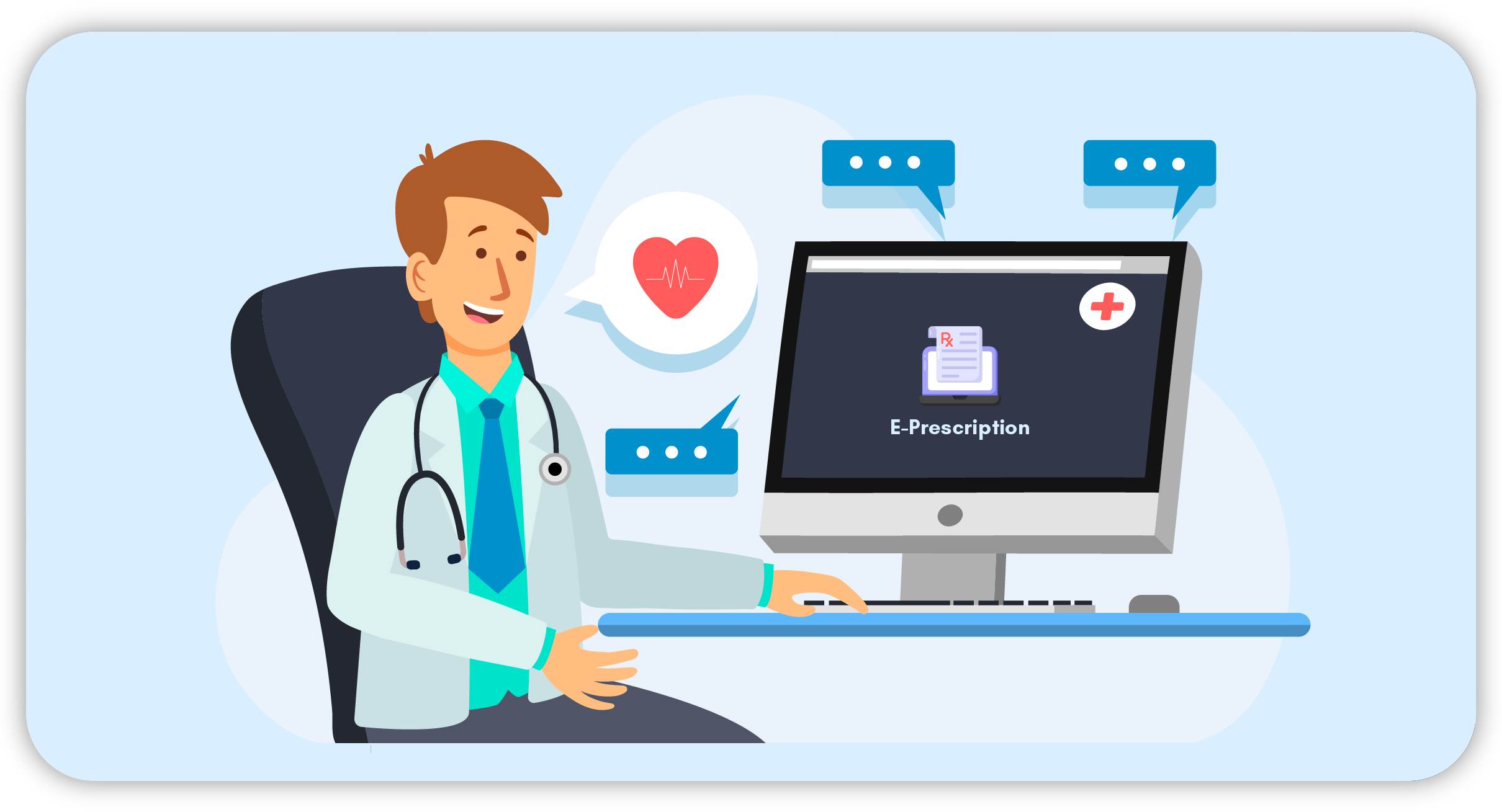
Virtual consultations in healthcare have become more common than ever, thanks in part to the public’s growing familiarity with the tools and ironically also due to COVID 19 which forced people to consult with doctors from the safety of homes.
While virtual consultations existed long before the pandemic, they’re fast becoming a preferred method for the first point of contact between patients and providers. The difference: technology that makes the connection better, faster, and easier and startups like www.icareheal.com that are harnessing the technology for effective use in tech-driven healthcare.
The ability for physicians to engage with patients via two-way high-definition (HD) videoconferencing paves the way for more types of virtual visits than ever before. Patients can now access a new range of treatment possibilities, from any location, by using a smartphone, tablet, or PC. When the video isn’t possible, virtual consultations can happen over a landline phone, too.
What to Expect During a Virtual Consultation in Healthcare
When it comes down to what actually happens in a consultation, a virtual consultation isn’t very different from an in-person consultation. In both, a provider with access to a patient’s medical records and history interviews the patient assesses their condition, and gives advice. Refer to https://www.icareheal.com/online-consultation-app.html for more details.
The biggest difference aside from location, of course, is the technology.
During a virtual consultation, the provider connects with the patient by using a secure teleconferencing platform designed for healthcare use. A two-way patient/physician conversation takes place, much like when the patient is sitting on an exam table in the physician’s clinic. If the physician needs to take a closer look at the patient, he or she can direct the patient in how to position the web camera.

Advantages of Virtual Consultations
Most types of consultations can be offered virtually through a telemedicine platform. While some visits require a physical examination, many do not. Both providers and patients are seeing the advantages provided by virtual care models, such as:
- No transportation time or costs
- Options for care on-demand
- Access to more specialists
- Less exposure to illness
- No time spent in a waiting room
- Better control of chronic illnesses
- Access to more mental health resources
- Greater comfort for patient in a familiar (home) environment
- The ability for the provider to view the patient’s home environment for a more well-rounded assessment

The Future of Virtual Healthcare Consultations
Virtual consultations in healthcare are a permanent part of the medical landscape, a viable way of seeking healthcare – whether primary care, a specialist, or a mental health practitioner.
Patients are now more familiar with virtual consultations – and expect them. McKinsey reports that up to 40% of consumers have used telehealth services, and will continue to do so. Research also showed a broader interest in virtual health solutions, such as a virtual-first health plan.

The popularity and advantages of virtual consultations are only the beginning of a much wider virtual care trend, one that will continue to be an important healthcare resource for promoting patient health outcomes. Also as technology elevates further, we envisage that some of the hindrances that we face in a virtual consultation, like an assessment of vitals etc. will vanish in time to come.


